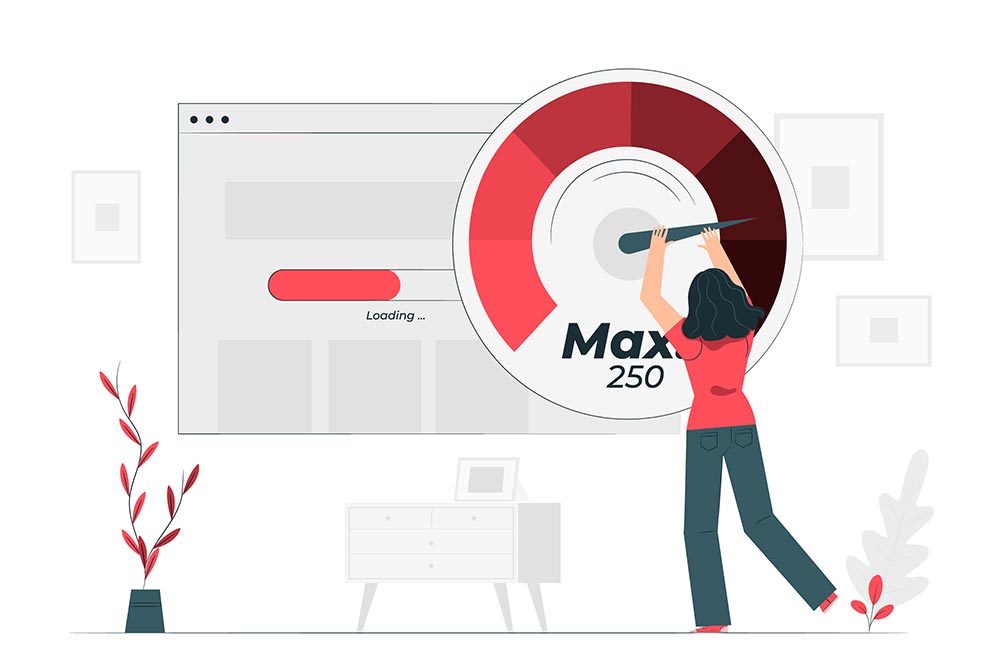Simple Ways to Speed Up Your Website

When browsing on the web, a five-second lag can look like eternity. And if you’re a website owner, the impact of this lag is dire since Google takes the site’s speed into account when determining your search presence.
According to Google, longer page load time increases the likelihood of users leaving a website by 32%. That means if your website is slow and unresponsive, you are losing visitors, and it’s time to put in the work to address it.
Below are some recommendations on how to speed up your website.
1. Choose a Fast Web Host
Your web host’s speed and reliability play a huge role in determining the load speed of your website. Most webmasters use inexpensive hosting to cut costs, but this does not favor the website’s download speed.
If you feel that the servers of your web host are not fast enough and are making your site lag when loading, then it’s time to switch to a faster host. You can consult other webmasters to know which web hosts are the quickest.
2. Upload Videos Directly from YouTube
Large files like videos can also reduce the load speed of your website. So, instead of uploading videos directly to your web host, just upload them on YouTube and embed the links on your website.
Visitors coming to your site can then stream the videos directly from YouTube, and this will help speed up your website’s load speed.
3. Use Plug-ins Sparingly
It’s advisable to install plug-ins to improve the functionality of your site, but installing too many of them will slow down the download rates.
Considering that all plugins load before the actual site loads, visitors will be forced to wait. So get rid of plug-ins that you don’t need to boost the speed of your website.
Alternatively, consider replacing multiple plugins with an all-in-one plugin that contains all the functions you need for your site.
4. Optimize Visuals for Higher Loading Speeds
Sometimes images can slow down your website if they’re not optimized for faster download speeds. Here are tips to improve the load time of your site’s images:
- Reduce the size of the photos.
- Use proper file extensions when saving images (JPEG, PNG, or GIF).
- Compress photos with free online tools.
5. Avoid Using Redirects
Redirects are so useful, especially when developing a new site, shifting to a new server, or revamping existing formats. Unfortunately, the redirect may tap into your load time.
Websites with established mobile options rely mostly on redirects when a smartphone or tablet is detected.
Changing from JavaScript to HTTP redirects can help reduce the amount of time taken by a site to send users back to the right style.
6. Cap the Number of Comments
User comments and reviews are so important when it comes to boosting SEO and increasing audience engagement. But having so many of them on a webpage will increase the time taken to load.
Therefore, display 50 comments or less on each web page if you want to maximize your page speed. If an article or blog post is filled with user comments, visitors are forced to wait for a long time for the page to load.

